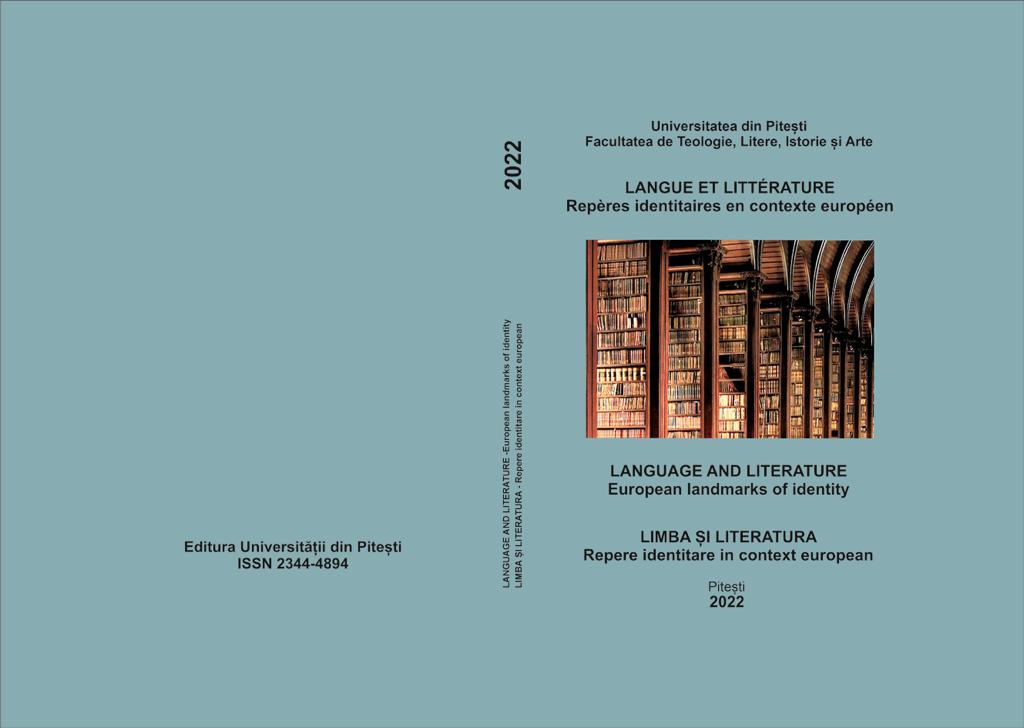LA ADQUISICIÓN DE LA COMPETENCIA FÓNICA EN EL AULA DE E/LE EN CONTEXTOS ROMÁNICOS: CÓMO EVITAR EL CÓMIC SONORO
THE ACQUISITION OF PHONIC COMPETENCE IN THE E/LE CLASSROOM IN ROMANCE CONTEXTS: HOW TO AVOID THE COMIC SOUND
Author(s): Victor-Emanuel CiuciucSubject(s): Foreign languages learning, Phonetics / Phonology, Language acquisition
Published by: Editura Universităţii din Piteşti
Keywords: phonetics; foreign language acquisition; Romance languages;
Summary/Abstract: The present research will discuss pronunciation in Spanish as a foreign language. We are especially interested in its present position in teaching Spanish as a foreign language (i.e., ELE) and, more specifically, in teaching Spanish to Romance language speakers. We would also like to investigate the available tools and strategies for implementing this aspect of the language. To this end, our approach focuses on three fundamental aspects: 1. the position of the phonic level of the language in the teaching of ELE (in contrast to the position of the other linguistic levels); 2. identifying the specific problems of Lusophones, Italophones, Francophones, and Romanophones; 3. determining the methodological directions that should be adopted in this regard, according to experts in the field. Supposing the primary goal of studying a foreign language is to acquire the capacity to communicate effectively with native speakers, mastering pronunciation is essential for adequately transferring the message. In this view, it is expected that the prevalent communication techniques will consider this factor; nevertheless, based on the contents seen in ELE approaches and the cumulative teaching experience, it is typically given minimal weight. Determining the state of the art in the teaching of pronunciation in ELE and, more particularly, in its teaching to speakers of other Romance languages is the primary purpose of this paper. The value of this work relies on the prospect of constructing the foundations of learners’ fundamental knowledge and on gaining an insight of what has been accomplished thus far. Similarly, this study serves as a basis for potential future research that critically reflects on the treatment of the phonic component of language and the particular resources and materials available.
Journal: LIMBA ȘI LITERATURA – REPERE IDENTITARE ÎN CONTEXT EUROPEAN
- Issue Year: 2022
- Issue No: 31
- Page Range: 200-213
- Page Count: 14
- Language: Spanish

